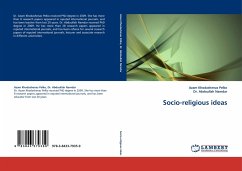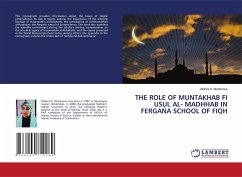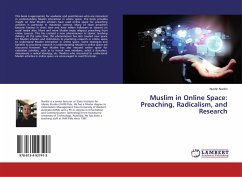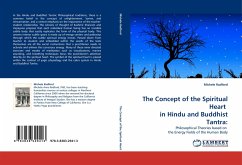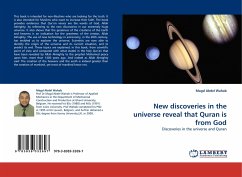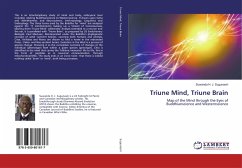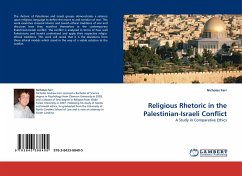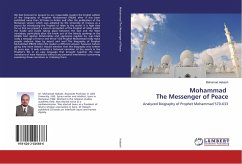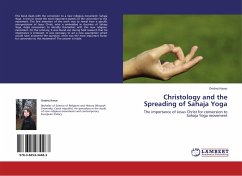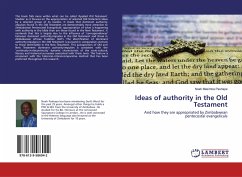
Ideas of authority in the Old Testament
And how they are appropriated by Zimbabwean pentecostal evangelicals
Versandkostenfrei!
Versandfertig in 6-10 Tagen
27,99 €
inkl. MwSt.

PAYBACK Punkte
14 °P sammeln!
This book falls more within what can be called 'Applied Old Testament Studies' as it focuses on the appropriation of selected Old Testament ideas by a selected group of its readers. It insists that dominant authority-impulses found in the Old Testament are demonstrably more attractive to Zimbabwean Pentecostal Evangelicals' appropriation of what is happening with authority in the bible than are those found in the New Testament. It contends that this is largely due to the influence of 'correspondences' between dominant authority-impulses in the Old Testament and those in Zimbabwean African Trad...
This book falls more within what can be called 'Applied Old Testament Studies' as it focuses on the appropriation of selected Old Testament ideas by a selected group of its readers. It insists that dominant authority-impulses found in the Old Testament are demonstrably more attractive to Zimbabwean Pentecostal Evangelicals' appropriation of what is happening with authority in the bible than are those found in the New Testament. It contends that this is largely due to the influence of 'correspondences' between dominant authority-impulses in the Old Testament and those in Zimbabwean African Tradition (ZAT). The identification of dominant authority-impulses in the Old Testament is pursued in comparative contrast to those identifiable in the New Testament. This juxtaposition of Old and New Testament dominant authority-impulses is consistent with the 'continuity-in-discontinuity' dynamic characteristic of the socio-cultural, literary and historical processes associated with these texts. This feature is consonant with the historical-critical-comparative method that has been preferred throughout this research.



